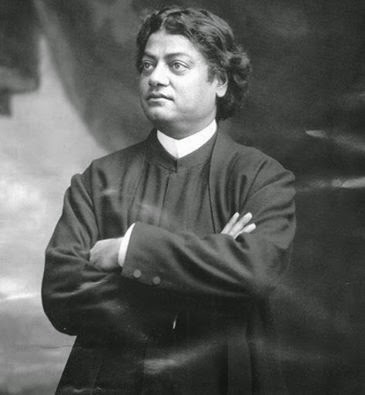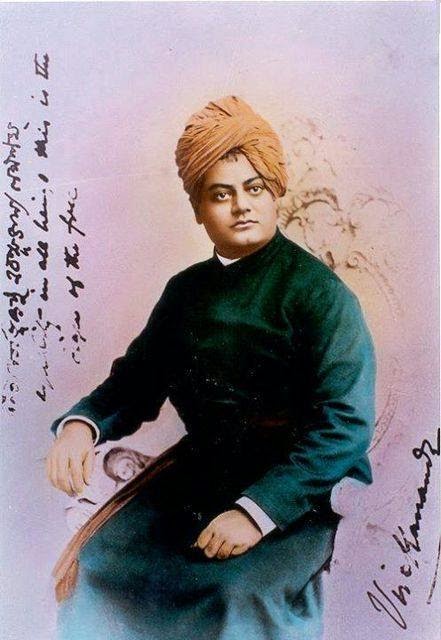It was written, nobody knows at what date, it may be 8,000 years ago, in spite of all modern scholars may say, it may be 9,000 years ago. Not one of these religious speculations is of modern date, but they are as fresh today as they were when they were written, or rather, fresher, for at that distant date man was not so civilised as we know him now. He had not learnt to cut his brother's throat because he differed a little in thought from himself; he had not deluged the world in blood, he did not become demon to his own brother. In the name of humanity he did not massacre whole lots of mankind then. Therefore these words come to us today very fresh, as great stimulating, life-giving words, much fresher than they were when they were written: "That which exists is One; sages call It by various names." We have to learn yet that all religions, under whatever name they may be called, either Hindu, Buddhist, Mohammedan, or Christian, have the same God, and he who derides...
.jpg)


.jpg)




.jpg)


